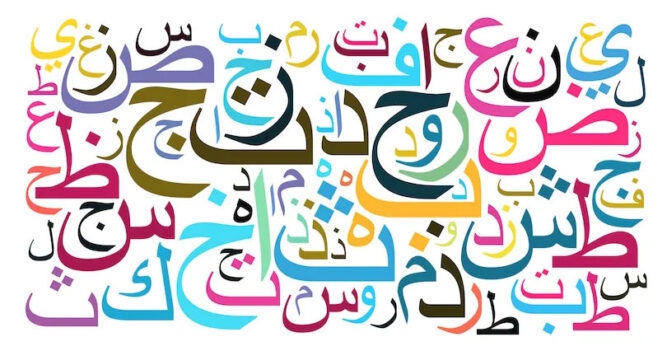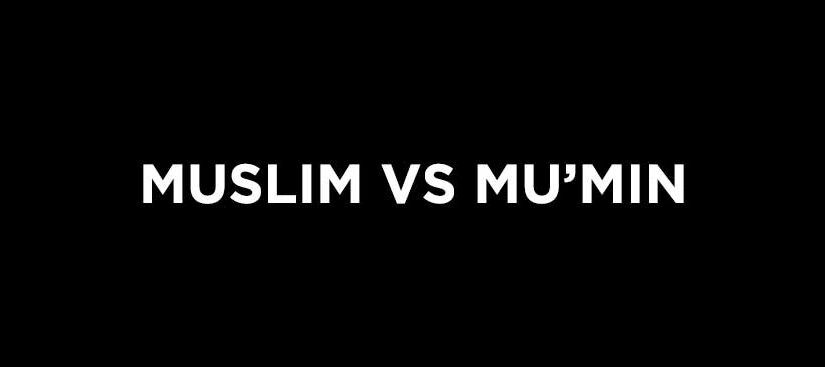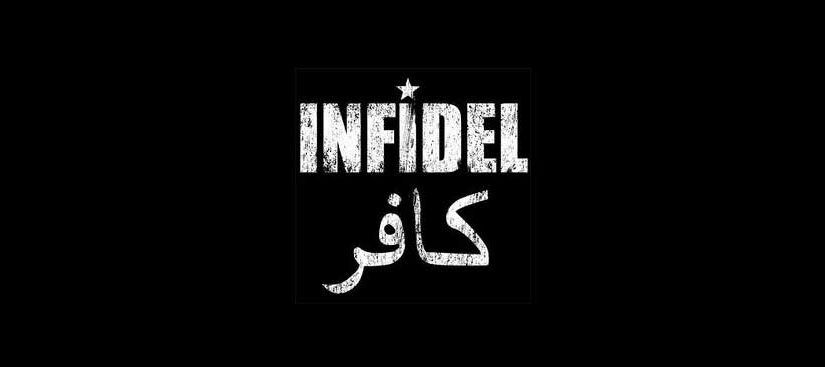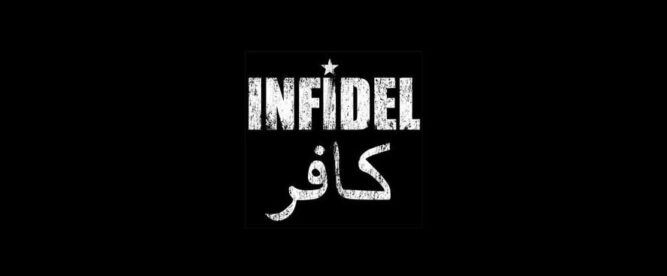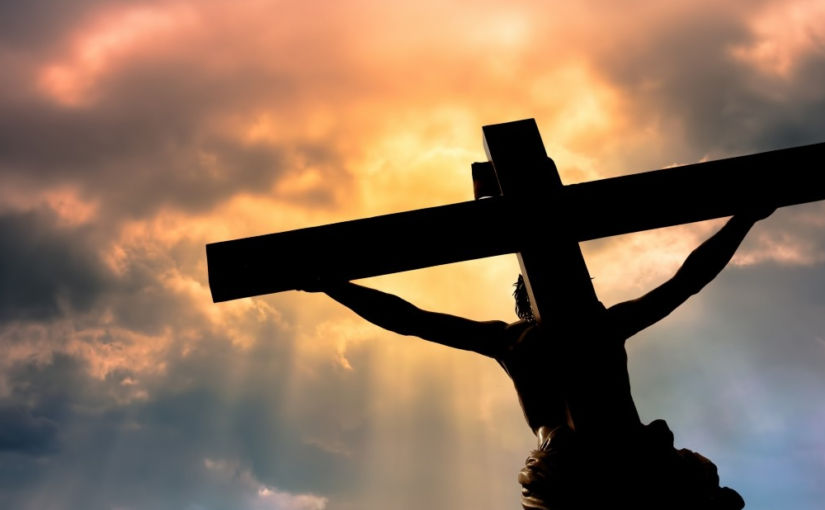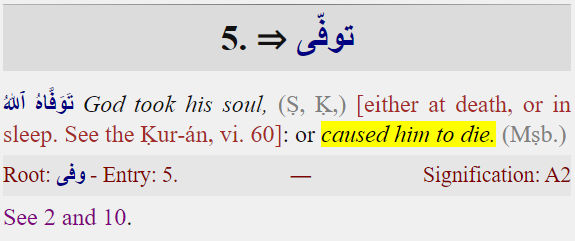Some Muslims believe that there are no aliens. However, the Quran indicates that there are living creatures beyond the Earth.

Definition of alien
Alien: “An extraterrestrial being. A form (s) of life assumed to exist outside the Earth or its atmosphere within other parts of the Universe”
What is the Arabic word “Da’aba”?
Da’aba means to go gently, crawl, creep or walk. The word basically captures whatsoever moves on the earth, especially that of animals and beasts of burden, quadrupeds, any moving creature, insects, and humans.
Daabatun (n.): Moving creature; Crawling animal.
Dawaabbun (n.plu.): Crawling animals.
Daba has been used to denote humans too (24:45; 35:45). It is also used negatively (16:61 8:22; 8.55).
Dabbah n.f. (pl. dawab) has been used many times in the Quran: 2:164, 6:38, 8:22, 8:55, 11:6, 11:56, 16:49, 16:61, 22:18, 24:45, 27:82, 29:60, 31:10, 34:14, 35:28, 35:45, 42:29, 45:4
What is the Arabic word “Samawaat (heavens)”?
The Quranic expression “Samawat wal ‘ard” means “The Heavens and the Earth”. It denotes the whole Universe in its entirety.
| إِنَّ رَبَّكُمُ اللَّهُ الَّذِي خَلَقَ السَّمَاوَاتِ وَالْأَرْضَ فِي سِتَّةِ أَيَّامٍ ثُمَّ اسْتَوَىٰ عَلَى الْعَرْشِ ۖ يُدَبِّرُ الْأَمْرَ ۖ مَا مِن شَفِيعٍ إِلَّا مِن بَعْدِ إِذْنِهِ ۚ ذَٰلِكُمُ اللَّهُ رَبُّكُمْ فَاعْبُدُوهُ ۚ أَفَلَا تَذَكَّرُونَ |
| Indeed, your Lord is Allah, who created the heavens and the earth (Arabic: samawat wal ‘ard) in six days and then established Himself above the Throne, arranging the matter [of His creation]. There is no intercessor except after His permission. That is Allah, your Lord, so worship Him. Then will you not remember? (10:3) |
| وَلَقَدْ جَعَلْنَا فِي السَّمَاءِ بُرُوجًا وَزَيَّنَّاهَا لِلنَّاظِرِينَ |
| And We have placed within the heaven (Arabic: samaa) great stars and have beautified it for the observers. (15:16) |
| وَزَيَّنَّا السَّمَاءَ الدُّنْيَا بِمَصَابِيحَ |
| … And We adorned the nearest heaven (Arabic: samaa) with lamps (stars) … (41:12) |
| إِنَّا زَيَّنَّا السَّمَاءَ الدُّنْيَا بِزِينَةٍ الْكَوَاكِبِ |
| Indeed, We have adorned the nearest heaven (Arabic: samaa) with an adornment of stars / planets. (37:6) |
Based on the above verses, it should be clear that the Arabic word “samaa” (heaven) or plural “samawaat” (heavens) means the entire universe.
Proof of alien existence
Now that we know what da’ba (moving creature) and samawaat (heavens / universe) mean, we can see from verse 42:29 that there are moving creates in both the heavens and the earth.
| وَمِنْ آيَاتِهِ خَلْقُ السَّمَاوَاتِ وَالْأَرْضِ وَمَا بَثَّ فِيهِمَا مِن دَابَّةٍ ۚ وَهُوَ عَلَىٰ جَمْعِهِمْ إِذَا يَشَاءُ قَدِيرٌ |
| And of his signs is the creation of the heavens and earth and what He has dispersed in both of them (Arabic: fi-hima) of creatures. And He, for gathering them when He wills, is competent.(42:29) |
The basis of the question posed by the angels
In verse 2:30, there is a story about the angels questioning God regarding man’s vicegerency on the Earth.
| وَإِذْ قَالَ رَبُّكَ لِلْمَلَائِكَةِ إِنِّي جَاعِلٌ فِي الْأَرْضِ خَلِيفَةً ۖ قَالُوا أَتَجْعَلُ فِيهَا مَن يُفْسِدُ فِيهَا وَيَسْفِكُ الدِّمَاءَ وَنَحْنُ نُسَبِّحُ بِحَمْدِكَ وَنُقَدِّسُ لَكَ ۖ قَالَ إِنِّي أَعْلَمُ مَا لَا تَعْلَمُونَ |
| And [mention, O Muhammad], when your Lord said to the angels, “Indeed, I will make upon the earth a vicegerent.” They said, “Will You place upon it one who causes corruption therein and sheds blood, while we declare Your praise and sanctify You?” Allah said, “Indeed, I know that which you do not know.”(42:29) |
For the angels to ask whether God was going to place on Earth a creature such as humans who will shed blood, they must have known about a similar creature that sheds blood, e.g. in some other part of the universe. If the angels had no prior knowledge of a similar creature that behaves that way, they wouldn’t have asked that question. At this point in the conversation with God, humans had not yet been created. Also, angels have no knowledge of the future as, according to the Quran, only God knows the future.
Related articles
- Proof Muslim Women Don’t Have to Cover Their Hair
- Proof the Hadith is Not Valid Islamic Law
- Muslims Are Performing the Hajj Wrong
- Muslims Are Wrong About Zakat
- Lailat Al-Qadr Is Not What You Think It Is
- Most Muslims Start & End Fasting At the Wrong Time
- Islamic Misconceptions About the Call to Prayer (Adhaan)
- Most Muslims Are Wrong About Various Aspects of Prayer
- Islamic Ablution (Wudhu) Is Simpler Than Many Muslims Think
- Muslims Don’t Need to Perform Ablution (Wudhu) Before Touching the Quran
- Deferring Matters of Islamic Law to Religious Scholars Is Not Permissible. Studying and Understanding the Quran is Required.
- Proof That the Quran Is Complete and That the Hadith Books Are Not Needed
- Prayer Among Jews, Christians, and Muslims – A Quranic Analysis
- The Testimony (Shahadah) to Convert to Islam is Inaccurate
- Categories of People According to the Quran
- Jews and Christians Are Actually Muslims
- Abraham, Not Muhammad, Was the Founder of Islam
- Jewish, Christian and Islamic Scriptures
- The Fallacy That Descendants of Prophet Muhammad Are Superior to Everyone Else
- Islamic Prophets, Messengers & Scriptures
- What is God’s Name – A Quranic Analysis
- Aliens Do Exist – A Quranic Analysis
- Most Muslims Are Asian, Not Arab
- Proof That Relatives (Wives, Children, Descendants, etc) of Islamic Prophets, Including Muhammad, Are Not Automatically Righteous
- There Is No Punishment for Blasphemy in Islam
- Proof That Arabic is Not a Holy or Superior Language
- Proof That Prophet Muhammad Is Not Exclusive or Superior to Other Prophets
- Muslims (Submitters) and Mu’mins (Believers) Are Not the Same Thing
- Most Jews, Christians, and Polytheists Are Not Infidels (Kafir)
- There Is No Quranic Proof That Zamzam Water Is Blessed Holy Water
- Muslims Are Not Allowed To Force Others To Practice Islam. So Why Do Muslims & Islamic Governments Keep Doing It?
- If You Are a Sunni or Shia Muslim, Then You’ve Violated Islamic Law
- Contrary to Extremist Belief, Muslims Are Allowed To Sing and Listen to Music
- Muslims Are Allowed To Have Statues and Photos of People in Their Homes
- Dogs Aren’t Impure. Muslims Are Allowed to Have Pet Dogs.
- Muslims Are Allowed to Pay Interest, e.g. on a Car or Home Loan
- Prophet Muhammad Was Not Illiterate. He Could Read and Write.
- Jesus is Dead & He Ain’t Comin’ Back – A Quranic Analysis
- Many Muslims Are Wrong About Getting Help From Others on the Day of Judgment
- Wills and Inheritance Law According to the Quran
- Most Muslims Are Wrong About Halal Food
- Circumcision Is Not Required Among Muslim Boys / Men
- Muslim Women Are Not Exempt From Congregational Friday Prayers
- Muslim Women Are Not Exempt From Fasting, Praying, etc During Menstruation
- The Quran Doesn’t Support a Strictly Vegetarian Diet
- Summary of the Quran
- Summary of the Quran 2
- إثبات أن الحديث ليس شرعاً إسلامياً صالحاً
- إثبات أن النساء المسلمات لسن بحاجة لتغطية شعرهم
- Bukti Hadits Tidak Valid Hukum Islam
- Kekeliruan Bahwa Keturunan Nabi Muhammad Lebih Unggul Dari Semua Orang Lain
- Bukti Wanita Muslim Tidak Harus Menutup Rambutnya Dengan Hijab





